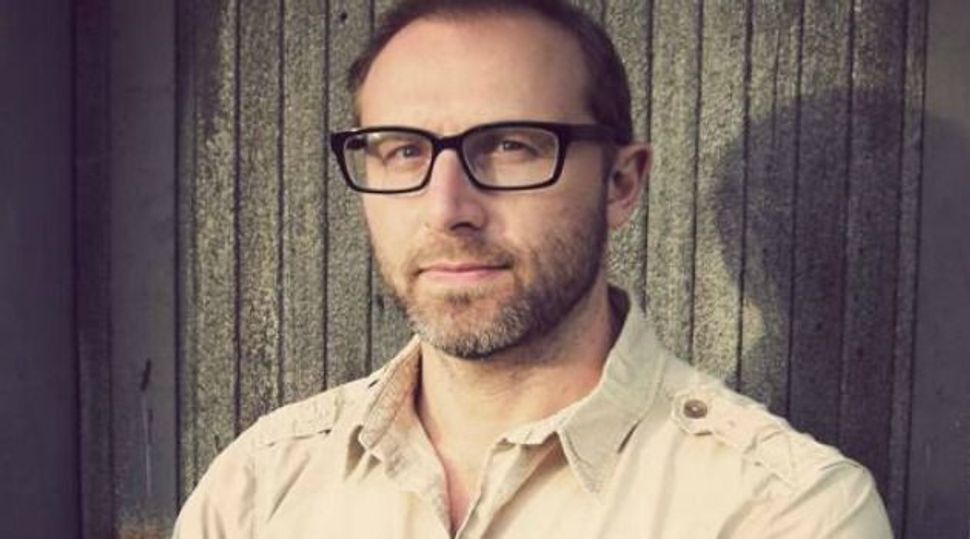In ‘Natasha,’ David Bezmozgis Captures Russian Jews Caught Between Two Worlds
Writer-director David Bezmozgis is cautiously optimistic about the fate of his flick, “Natasha,” adapted from the title story in his critically acclaimed collection (“Natasha and other stories,” 2004) and marking his second outing as a filmmaker. “Natasha” is the first film to explore the little known Russian-born Jewish subculture in Toronto that was spawned from…





















